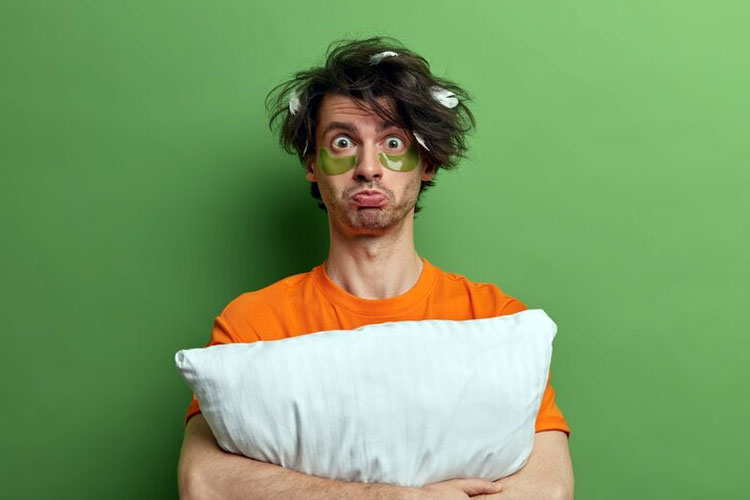TIMES AUSTRALIA, JAKARTA – Sleep is an essential part of our daily cycle, allowing the body to recover, repair, and prepare for the activities of the next day. However, at times, sleep can be interrupted by various disorders that can affect sleep quality and our overall well-being. Here are several sleep disorders that can occur during sleep:
1. Insomnia
Insomnia is a sleep disorder characterized by difficulty falling asleep, staying asleep, or not feeling refreshed upon waking. It can be caused by stress, anxiety, drastic changes in sleep schedule, or certain medical conditions. Untreated insomnia can have negative impacts on physical and mental health.
2. Sleep Apnea
As previously discussed, sleep apnea is a disorder where breathing stops or is obstructed during sleep. This can cause a person to wake up repeatedly during the night to restore airflow, disrupting the quality of sleep. Sleep apnea can increase the risk of heart disease, hypertension, and other health issues.
3. Restless Legs Syndrome (RLS)
RLS is a condition where a person feels an irresistible urge to move or twitch their legs during sleep or rest. This sensation usually subsides when the person moves, but it can disrupt sleep and cause discomfort.
4. Narcolepsy
Narcolepsy is a chronic sleep disorder characterized by sudden, uncontrollable sleep attacks. Individuals with narcolepsy can unexpectedly fall asleep during activities, even while talking or driving. This disorder is caused by disruptions in the regulation of sleep and wakefulness in the brain.
5. Sleep Paralysis
Sleep paralysis is a phenomenon where a person awakens from sleep but their body remains "paralyzed" or unable to move. This occurs due to a glitch in the transition between sleep and wakefulness, causing the person to be conscious but unable to move or speak. Sleep paralysis is often accompanied by feelings of fear, hallucinations, and difficulty breathing.
6. Parasomnia
Parasomnia encompasses a group of sleep disorders involving abnormal behaviors during sleep, such as sleepwalking or night terrors. Parasomnia often occurs during the REM (Rapid Eye Movement) stage of sleep or during transitions between sleep stages.
7. Bruxism
Bruxism is the habit of grinding or clenching teeth during sleep. This can lead to tooth damage, jaw pain, or headaches in the morning.
To address sleep disorders, it is crucial to consult a healthcare professional who can provide accurate diagnosis and recommend appropriate treatments. Treatment may involve lifestyle changes, behavioral therapy, or the use of medications, depending on the type and severity of the sleep disorder experienced. Quality sleep is a key factor in maintaining overall health and well-being.
Artikel ini sebelumnya sudah tayang di TIMES Indonesia dengan judul: Sleep Disorders: Understanding Various Sleep-Related Ailments
| Writer | : Khodijah Siti |
| Editor | : Khodijah Siti |

























